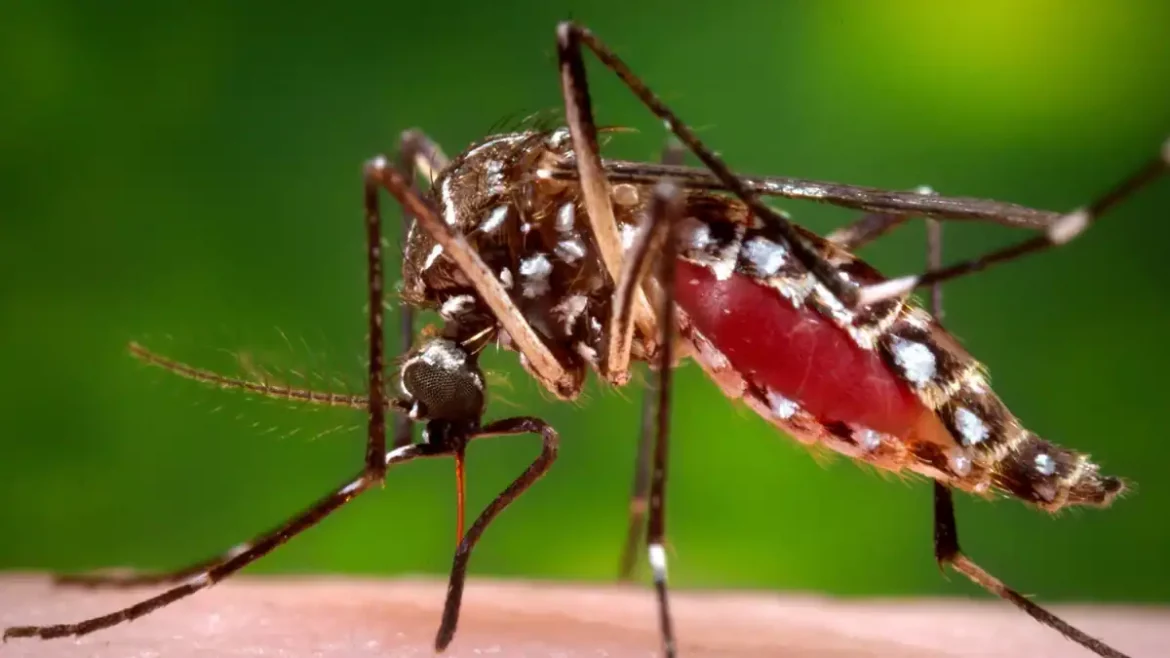World Health Organization (WHO) says climate change, deforestation, and urbanization are some of the main risk factors causing an increase in the incidence of dengue, Zika, and chikungunya outbreaks worldwide.
According to the study, these mosquito-borne diseases, which thrive in tropical and subtropical climates, have seen a sharp increase in the prevalence of infections in recent years. According to the data, the number of dengue cases surged from slightly over 500,000 in 2000 to 5.2 million in 2019.
The pattern is still present. According to the most recent data, dengue, the most prevalent viral virus that passes from mosquitoes to people, is now a threat to roughly half of the world’s population, with an estimated 100 to 400 million infections happening every year.
Read Also: naggw-registers-15000-youth-volunteers-to-combat-climate-change
“Right now, around 129 countries are at risk of dengue, and it is endemic in over 100 countries,” said Raman Velayudhan, unit head of the WHOs global program on control of neglected tropical Diseases coordinating dengue and arbovirus initiative.
He said dengue in South America alone is moving further south to countries such as Bolivia, Peru, and Paraguay.
Climate change gives rise to increased precipitation, higher temperatures, and higher humidity, conditions under which mosquitos thrive and multiply. There is new research, which shows that even dry weather enables mosquitos to breed. Scientists say dry weather makes mosquitos thirsty and when they become dehydrated, they want to feed on blood more often.
“This is really worrying because this shows that climate change has played a key role in facilitating the spread of the vector mosquitoes down south. And then when people travel, naturally the virus goes along with them,” he said. “And this trend is likely to continue for the rest of the world.
“We have already got reports from Sudan, which has recorded a quite high increase in dengue cases, over 8,000 cases and 45 deaths since July.”
Story adapted from VOA
